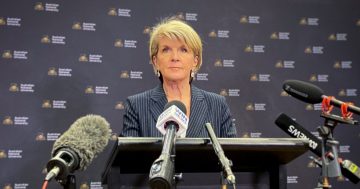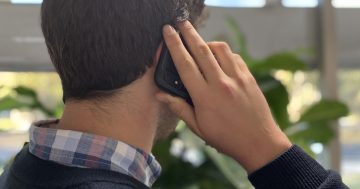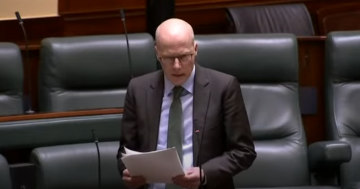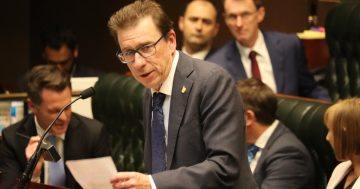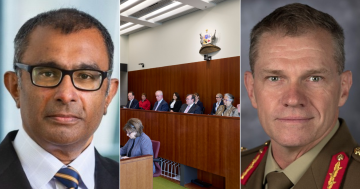 The Attorney General has announced that video conferencing technology can now be used in the witnessing of important legal documents.
The Attorney General has announced that video conferencing technology can now be used in the witnessing of important legal documents.
Attorney General, Mark Speakman said the new temporary regulation, made under section 17 of the Electronic Transactions Act 2000, would help reduce face-to-face contact during the COVID-19 pandemic.
“Thousands of legal documents are executed every day in the presence of one or more witnesses, but COVID-19 restrictions have made it difficult for many people to do so in person,” Mr Speakman said.
“Under the new regulation, a witness must see a person signing the document in real time to confirm the signature is legitimate,” he said.
“Now they can do so using video conferencing technology.”
Mr Speakman said the changes made it easier for people to stay home and reduce physical interactions, while still completing important transactions.
He said the temporary declaration applied to documents like wills, powers of attorney and statutory declarations.
“The witness will sign the document, or a copy of the document, to confirm they witnessed the signature,” he said.
“This could be done on a hard copy that is scanned and sent to the witness or on an identical counterpart of the document the signatory signs.”
Mr Speakman said traditional methods of signing and witnessing documents remained valid while the regulation was in force.


